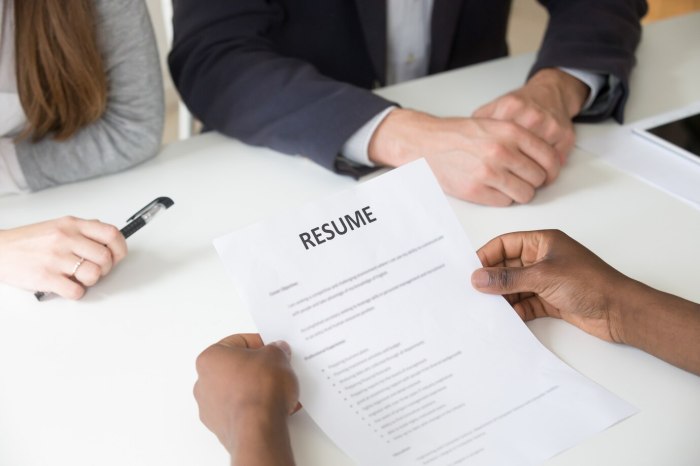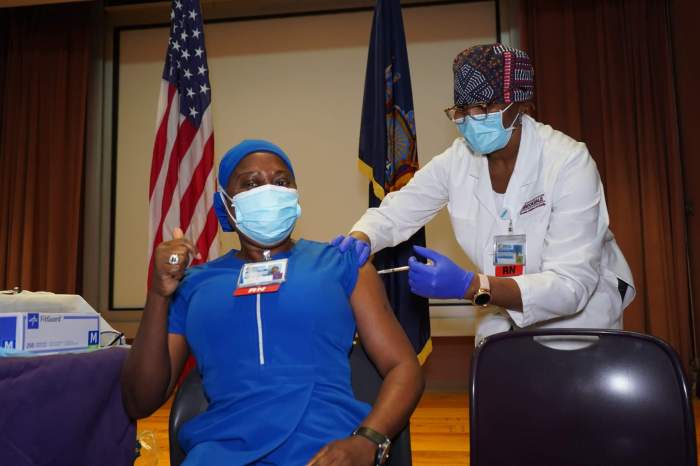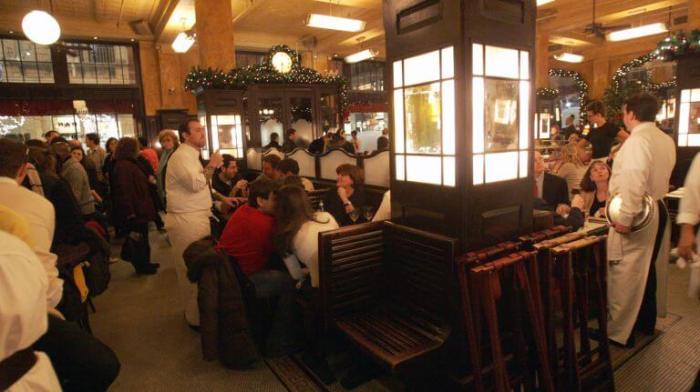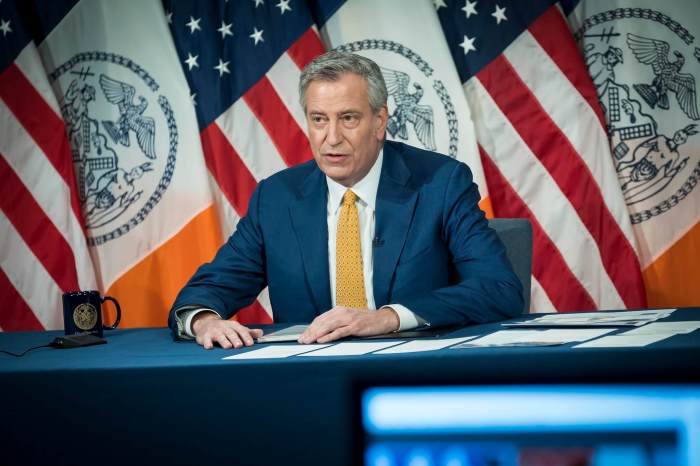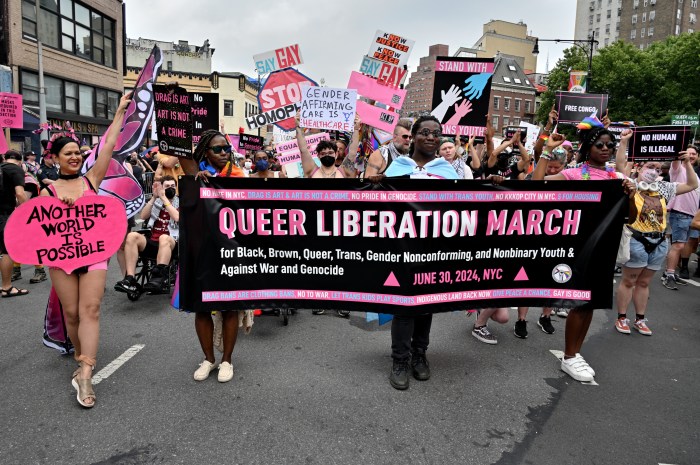City workers will be able to deduct money directly out of their paycheck if they so choose to assist the people of Haiti as the country recovers from a devastating earthquake, Mayor Bill de Blasio announced Wednesday.
“We want to encourage city workers, across the board, hundreds of thousands of city employees to get into the game and support this vital effort to help the Haitian people by making a donation through payroll deduction,” de Blasio said at his daily press briefing Wednesday.
The initiative will start up on Friday, said the mayor, who will participate in the program himself. City employees are already able to have money deducted directly from their paycheck to support charities through the NYC Gives program, which has been around since the 1980s.
The idea was the brainchild of Public Advocate Jumaane Williams, who joined the mayor at the briefing.
“We know how much Haiti and the Haitian diaspora mean to this city and we can’t let them go through this alone,” Williams said. “We have to come together once more.”
The Caribbean nation of 11 million inhabitants has been hit by a cascading series of tragedies in recent weeks. The President, Jovenel Moise, was assassinated last month in what has been described as an attempted coup, leaving a power vacuum in a country already dealing with political instability. Then, last week, the nation was rocked by a 7.2 magnitude earthquake that has claimed the lives of over 1,900 people, injured thousands of others, and wrecked the island’s vulnerable infrastructure that has never fully recovered from the 2010 earthquake that resulted in the loss of over 200,000 lives.
The country, which was founded in the 18th century after a successful slave rebellion, has a long history of misfortune and turmoil, including natural disasters, crime, and political instability often propagated by Western powers.
New York City’s Haitian population, concentrated in central Brooklyn, is the largest of any American city, numbering in the hundreds of thousands, many of whom still have close family still on the island. The city is providing free grief counseling at sites in Brooklyn’s Little Caribbean neighborhood, and is also soliciting donations through a variety of places, including online via the Mayor’s Fund and at in-person dropboxes at NYPD precincts and other places, where people can donate essential items.
The Mayor’s Fund is currently directing donors to four different charities: Ayiti Community Trust, CapraCare Haiti, Hope for Haiti, and Partners in Health. Williams said at the briefing that his office and the mayor’s office have been vetting charities, wary of scams that often pop up when disaster strikes Haiti.
However, the city has not yet sent a sizable delegation of volunteers to go down and assist directly in relief efforts, as such missions require State Department sponsorship. The Haitian American Law Enforcement Fraternal Organization (HALEFO), a group of dozens of NYPD officers of Haitian descent, has over 30 volunteers ready and willing to go to Haiti immediately, but cannot because they lack sponsorship, and the organization cannot pay for everyone’s plane tickets and accommodations, the group’s treasurer Mario Desruisseaux told Brooklyn Paper earlier this week. For previous disasters like the 2010 earthquake, HALEFO was only able to send a few volunteers, funded with the group’s donations rather than city money.
As of now, one HALEFO member is presently representing the NYPD in Haiti, while another who happened to be in Haiti at the time of the earthquake is performing relief work using HALEFO funds, Desruisseaux said.
The mayor’s office did not respond by press time to questions about the status of negotiations with the feds.






